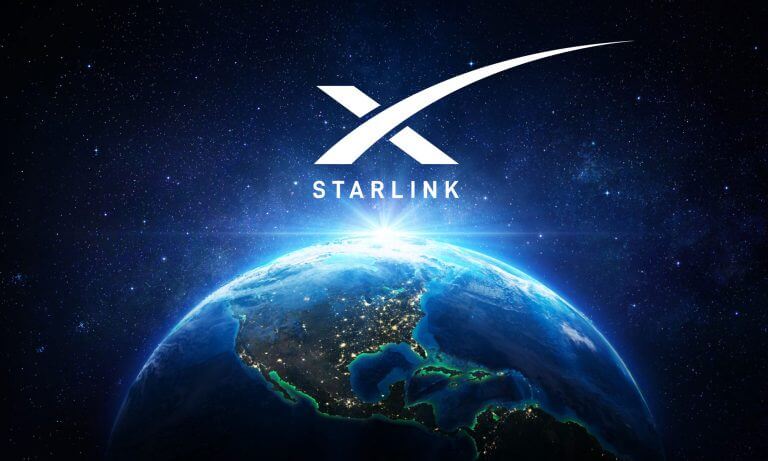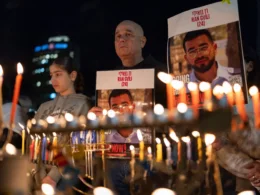Amid ongoing protests throughout Iran, the United States Treasury Department Wednesday stated that private satellite internet equipment can be exported to Iran to help bypass the regime’s internet shutdowns. The Department's comments were not directly addressing Elon Musk or Starlink. The concern leading up to this response was that U.S. sanctions would not allow this equipment to be sent to Iran.
The Treasury's comments revolved around a tweet by SpaceX and Tesla CEO Elon Musk, suggesting that a license is not required to provide the company's Starlink satellite broadband service.
"Starlink will ask for an exemption to Iranian sanctions in this regard," said Musk on Twitter.
The tweet came after an Iranian journalist asked Musk about the subject, as the SpaceX CEO announced that Starlink was active in all continents, including Antarctica.
Iranian-Americans on Twitter called on Musk to help the Iranian people from persecution by providing Starlink to Iran.
Many noted that Musk provided satellite-based internet stations for the people of Ukraine after the Russian army invaded the country.
Officials familiar with Musk's previous activity noted that most Ukrainians could not access the internet through Starlink because of the special equipment needed and the complex set-up.
Experts also pointed out that if Musk sent Starlink satellites to Iran, the Islamic regime would do everything to prevent such equipment from circumventing its internet censorship.
According to a spokesperson of the Treasury Department's Office of Foreign Assets Control (OFAC), the department's longstanding license "authorizes certain exports to Iran of hardware, software, and services related to communications over the internet, including certain consumer-grade Internet connectivity services and residential consumer satellite terminals authorized under General License D-1."
Regarding Starlink and its broadband service, the spokesperson did not specify whether or not the license would apply.
Musk stated Monday that his company would request an exemption from American sanctions to provide internet access for millions of Iranians currently protesting throughout the country over the death of 22-year-old Mahsa Amini by the Islamic morality police who beat her over wearing her hijab improperly.
Since protests over the death of Amini occurred, internet connection has been slowed down by the Islamic government, a common strategy used by the mullahs during protests to quell news of unrest reaching the rest of the country and the international community.
Many Iranian citizens who have access to Twitter, Instagram, Facebook, and other outlets have posted videos of their marches and chants against the Islamic government, chanting for the death of Iranian Supreme Leader Ali Khamenei and President Ebrahim Raisi.
Those participating in the protest movements include young Iranian college students, women, seniors, and minorities, chanting for freedom, human rights, and democracy in Iran.
Iranian citizens are also fighting back against security troops and their military vehicles deployed by the Islamic regime in places like Amol, Kerman, Kurdistan, and other areas.
In the country's capital, Tehran, video on Twitter showed a massive number of Iranian citizens protesting throughout the streets, taking down the flags of the Islamic Republic.
In other parts of Iran, crowds of men and women gathered to burn hijabs and banners of the Islamic regime, taking down posters of Khamenei and former Islamic Revolutionary Guards General Qasem Soleimani. According to Iranian experts, the protests will continue to form throughout the country and possibly lead to a new revolution in Iran, not seen since 1979.
The Islamic regime, for its part, has reacted to the protest movements by deploying its security forces to arrest, beat, and kill protesters on the streets. Members of the Iranian government have stated that the protest movements are supported by "foreign services'' and have called on regime supporters to help troops quell them.
Currently, Iranian President Ebrahim Raisi is in New York, after giving a speech at the United Nations Assembly headquarters amid the protests.
According to experts, if SpaceX's Starlink broadband service goes through, Iranian citizens can spread their protest movement on social media and call on the world to pay attention to the violent repression that so many men and women face in Iran daily.









